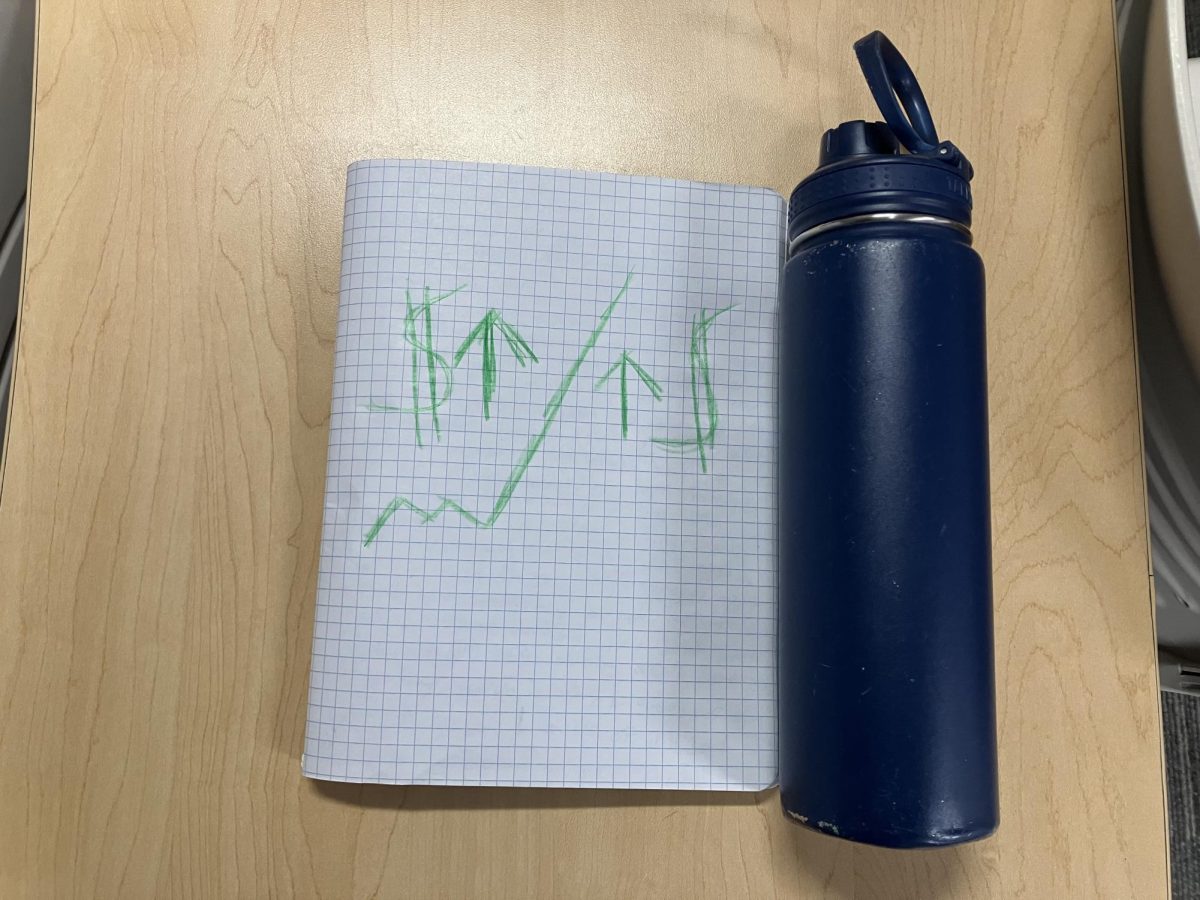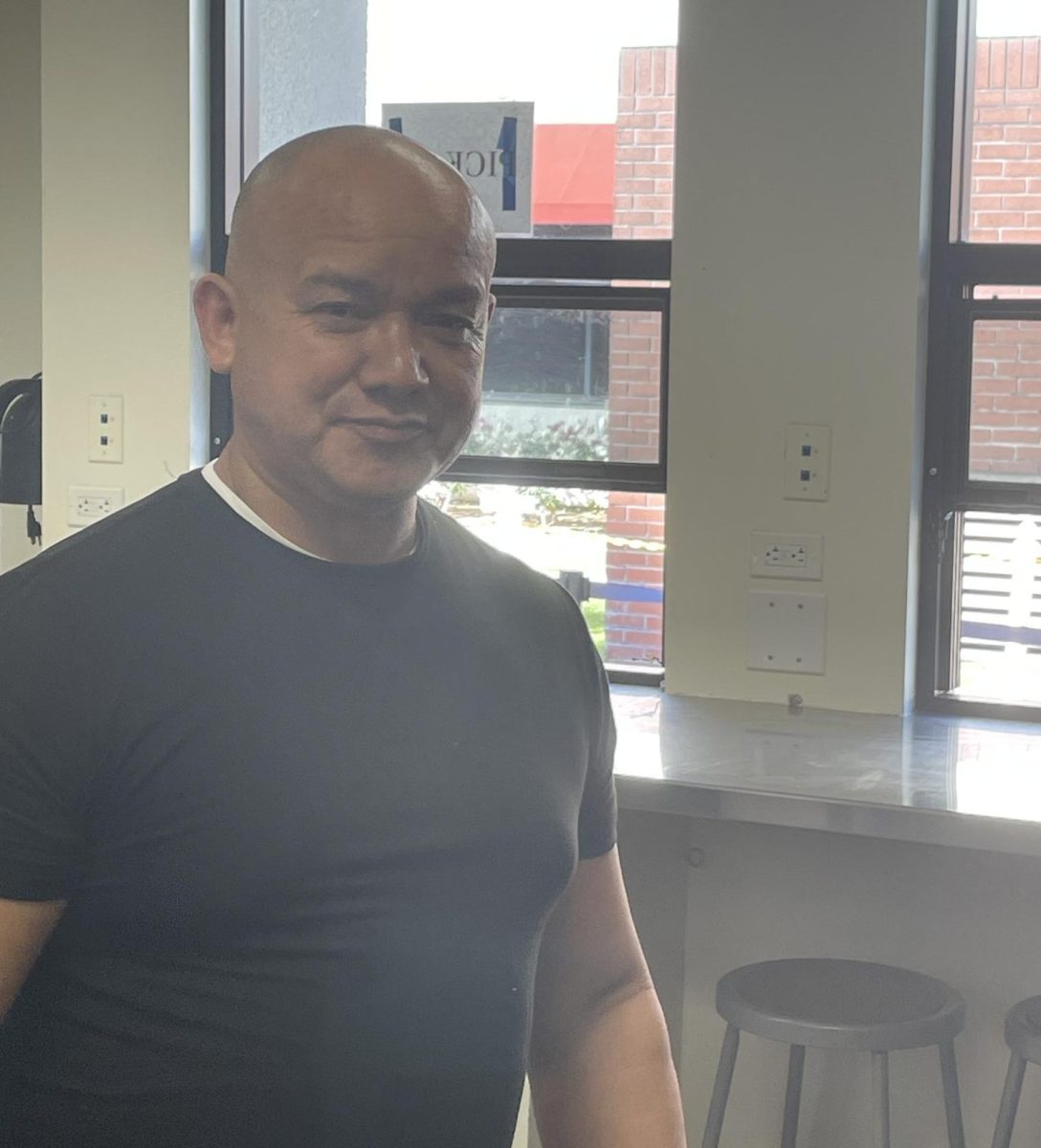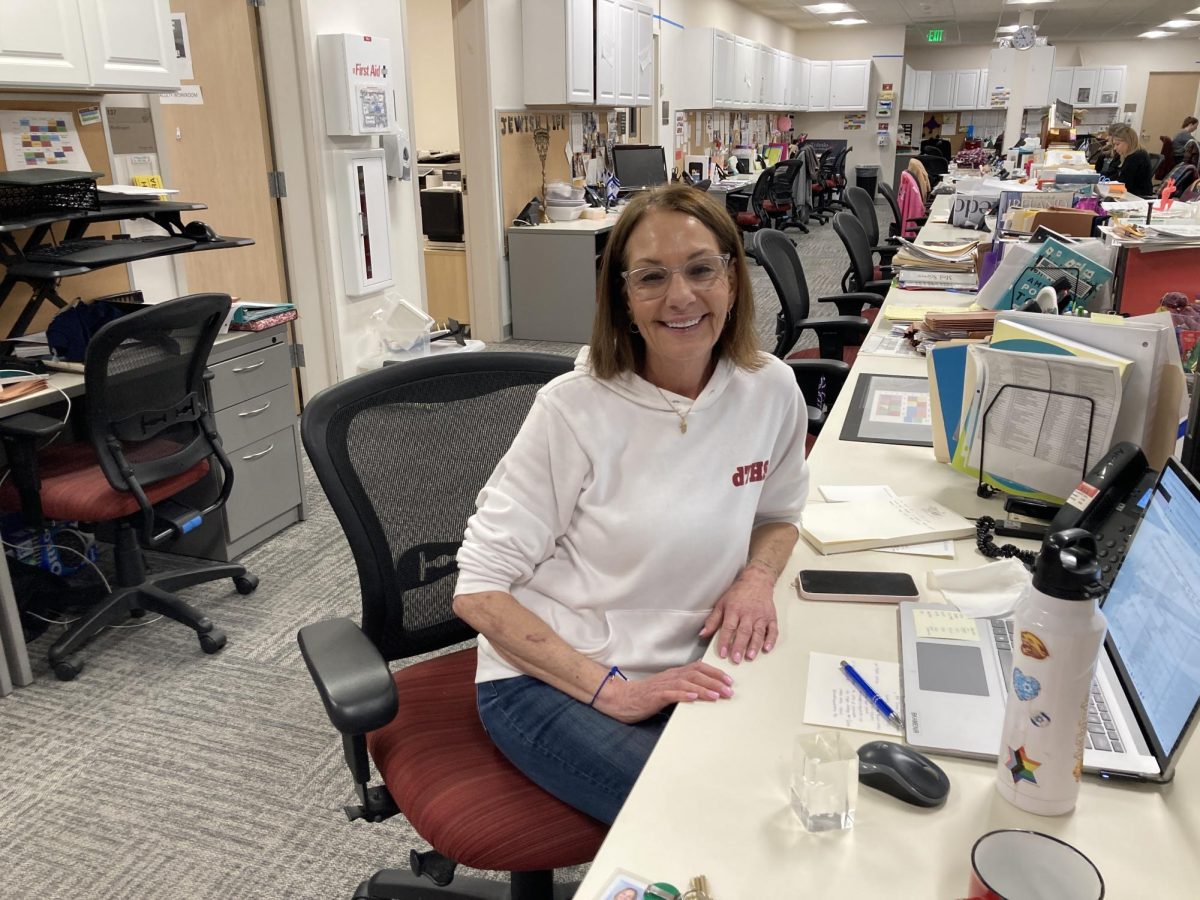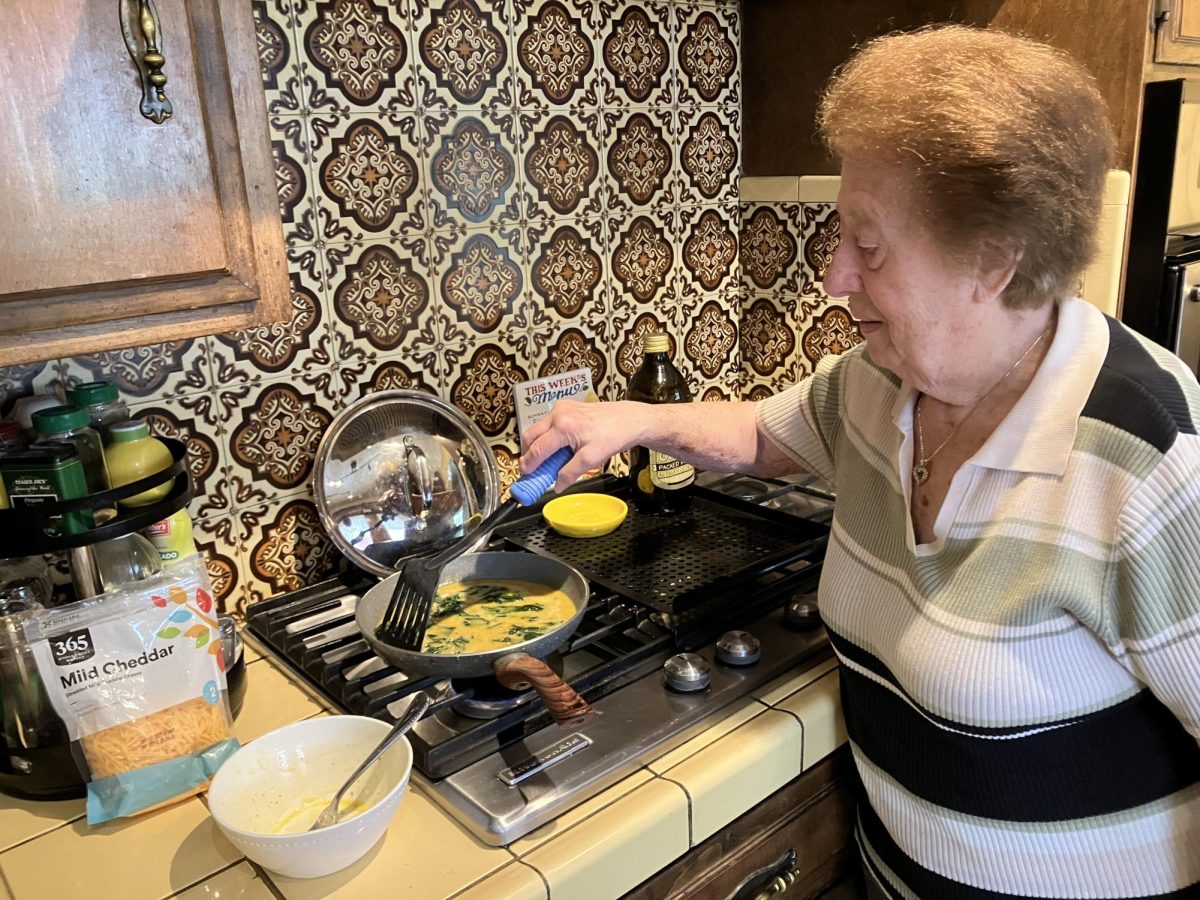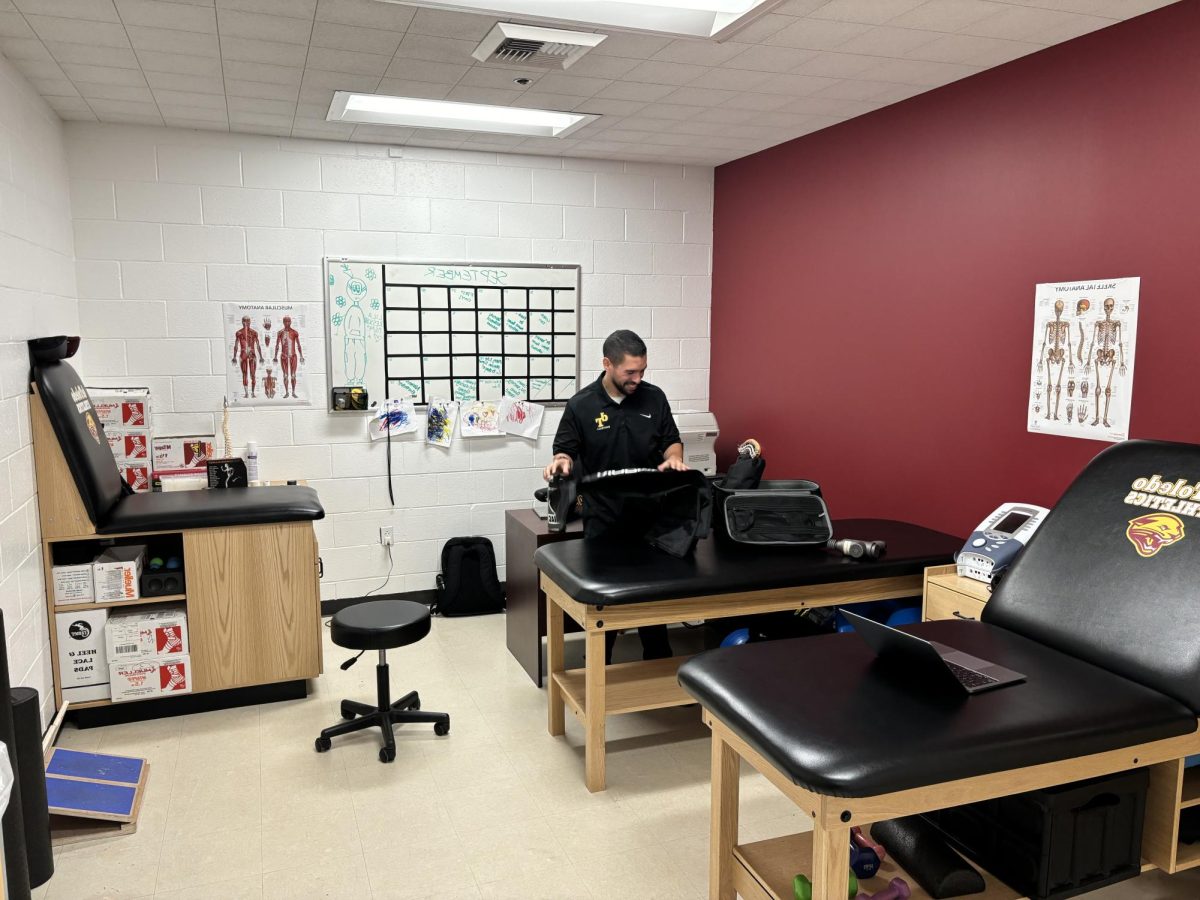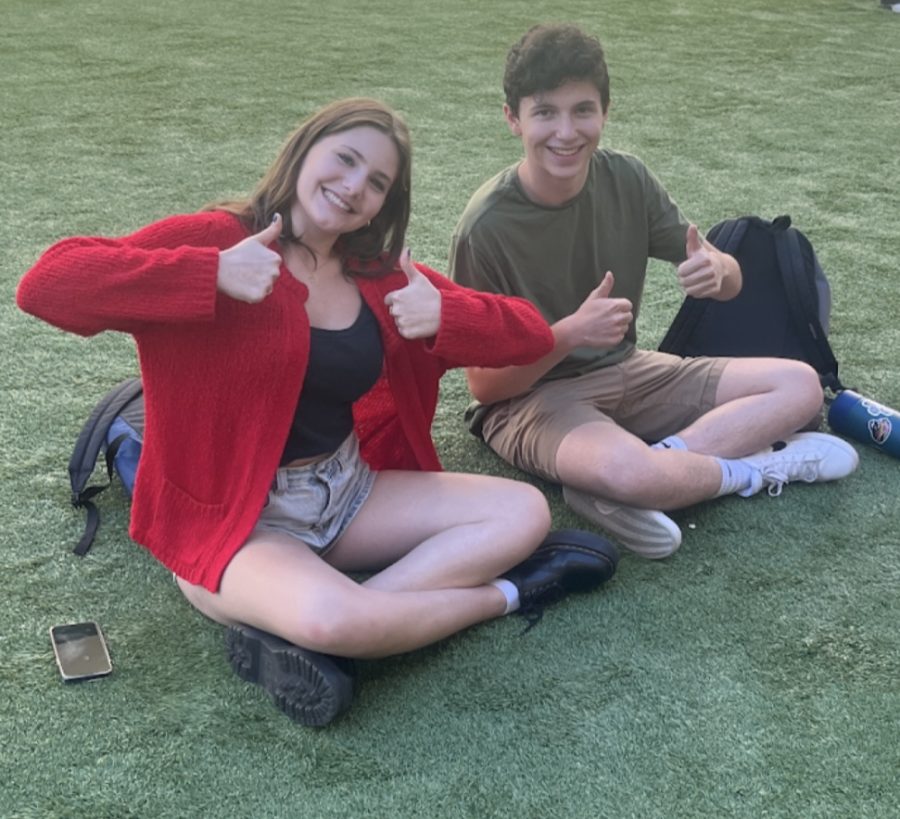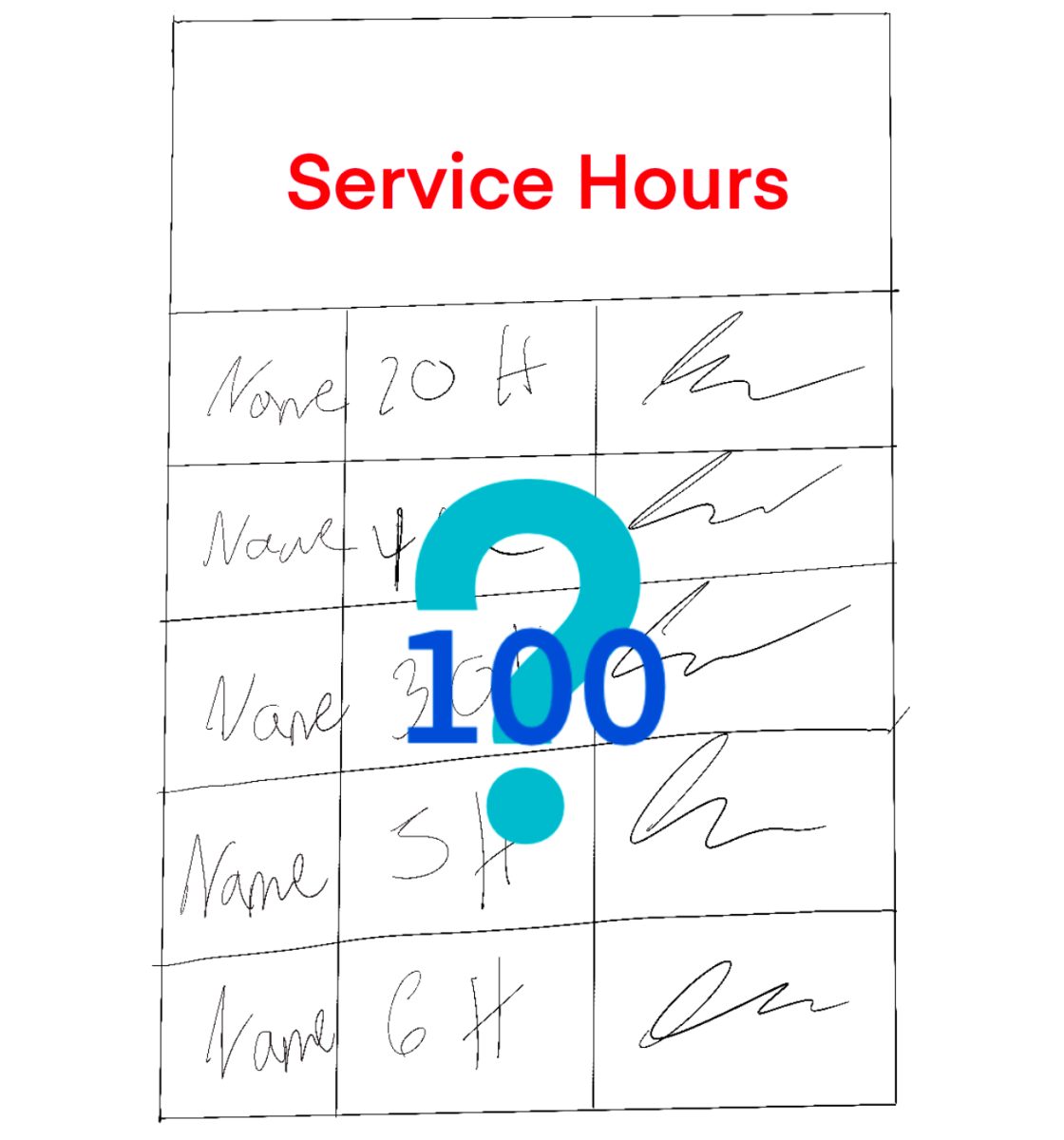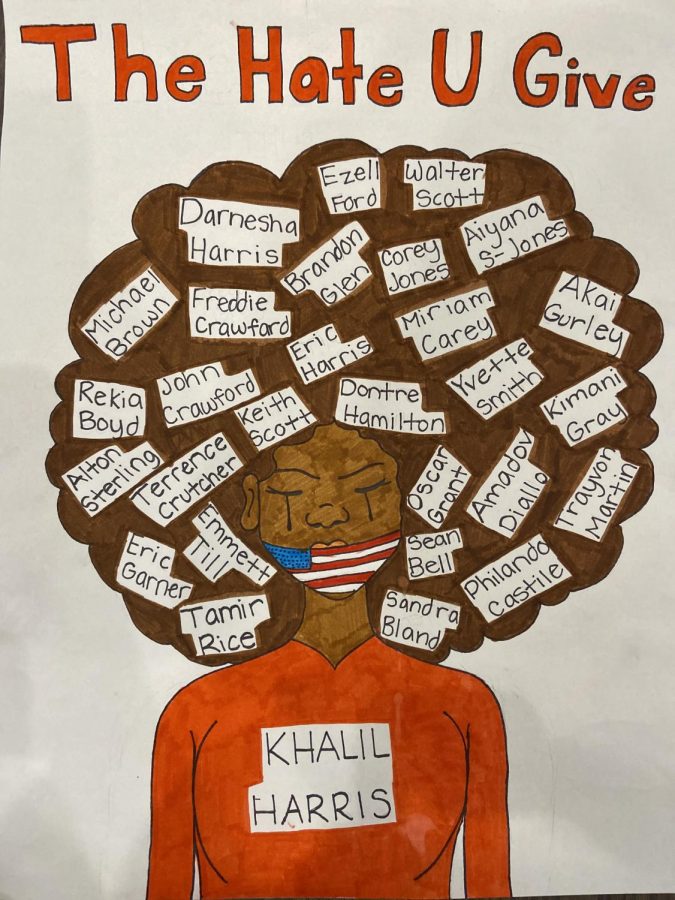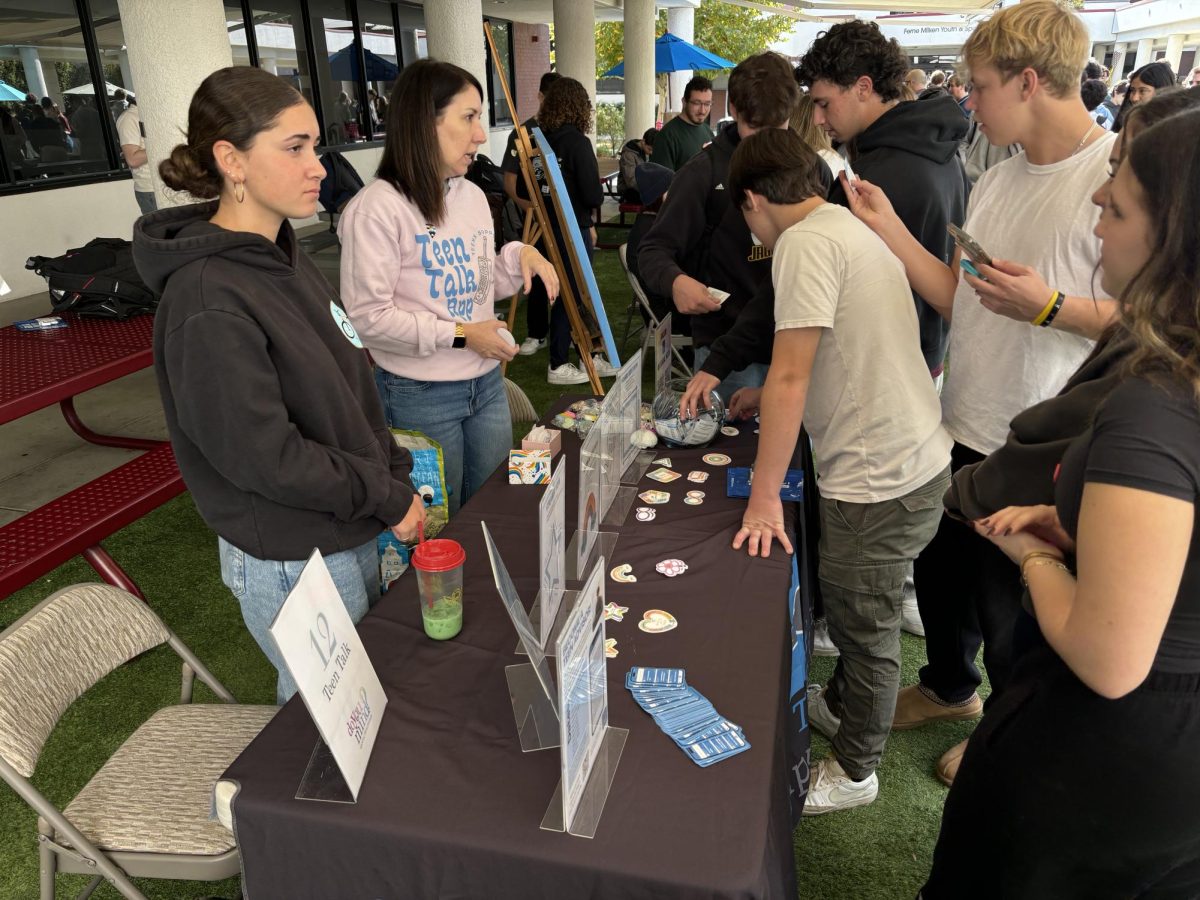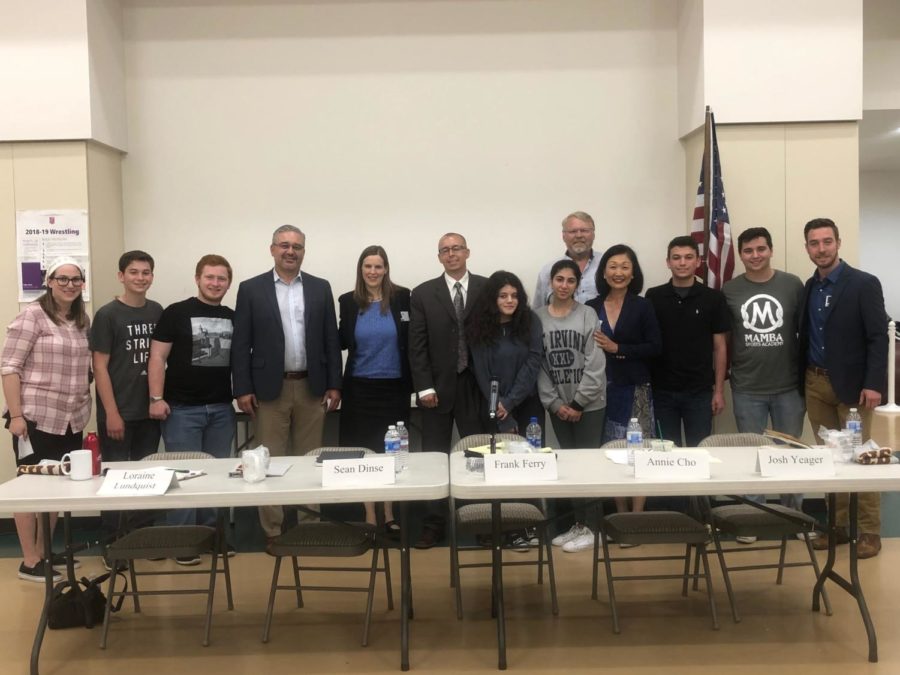City Council Candidates Differ on Approach to Homeless Crisis
Vote Today to Elect LA City Council Representative for District 12
At the invitation of American Politics Club, five candidates for L.A. City Council spoke to students and faculty May 15, addressing the homeless crisis and other issues facing Angelenos.
Fifteen candidates are running for the open seat in District 12, which includes Chatsworth, North Hills, Northridge, Granada Hills, Porter Ranch, Reseda, Sherwood Forest and West Hills. Election Day is Tuesday, June 4. Republican Mitch Englander resigned his L.A. City Council seat last October.
Candidate positions on the homeless crisis:
LORAINE LUNDQUIST: “I believe that housing is a human right, and that every Angeleno deserves a roof over their head. And you know the interesting thing is that it’s actually cheaper to provide supportive housing than to have people living on the streets. People living on our streets right now cost us about $140-$150 per day — that’s taxpayer money — and that’s for things like emergency room visits and interactions with the police. It’s actually cheaper to give people a home and provide services like mental health services, drug addiction counseling, and career counseling. The thing is we’ve already allocated money to do this, but we aren’t spending it here in our district. We don’t have any supportive housing sites planned or sited. We’re one of the only council districts for which that’s true, and I want to bring those kind of solutions to our district, and affordable housing.”
CHARLES “SEAN” DINSE: “As senior lead officer, I believe that housing is a human right. My issue, as a police officer working the streets and contacting the population – a very visible population – is, yea, people should have housing, but the problem is the majority of the population is actually refusing housing. We have to get to the bottom of it: Why are they refusing housing? Why are they refusing the opportunity to actually have a place where they can use the restroom, have a sink, have a place to stay, to feel safe? But when mental health and drug addiction are driving the issues on our street corners – the City of LA is driving this and saying this is a housing crisis. This is not a housing crisis. Now, affordability is an issue, but, at the same time, we have to address what the true issue is, at least at this level, which is really causing a lot of concerns for the community, that is trash and issues with the population. We need to treat the actual issues before we can help individuals get personal housing.”
FRANK FERRY: “Our council, specifically our council district, has had a complete lack of leadership in doing anything. Their attitude was we’ll do NIMBYism (Not In My Backyard). By doing nothing, therefore this group can’t be upset. But what’s happened over a course of four years? Everybody’s upset. So that attitude of “do nothing” has gotten us nothing. Your families and your parents have been very generous in passing HHH; we have money to build facilities for those with mental illness or those with addiction. The second side of it is we have to aggressively attack the Ninth Circuit Court, which said that our homeless could be out on our sidewalks, could be on our parkways with their carts, and we see the law enforcement last week was exposed to MRSA, and we have communicable diseases. They’re allowing the entire community to lower and to become exposed while we’re waiting for elected officials to build facilities.”
ANNIE CHO: “I’d like to address the homeless crisis as something that I need to tackle right now because it’s a crisis. I often tell the story of my own family. My son’s 28 years old — he’s a high school teacher at a private high school — and he cannot afford to live on his own. So, there’s something fundamentally wrong when someone who has a full-time job, a good job, cannot be on his own. And, for all you students out there, when you get out of college, this is something that’s going to be a lot closer to home than you think. And as parents, what are we going to do when our grown children say, “Mom, Dad, I can’t afford to be on my own.” So do we say, “Oh, you go ahead and be homeless?” No, we take them back in. And one of the things that we must do is to take care of our homeless who have mental health issues and addiction challenges because there are just so many of us who think that, “Oh, all these homeless people are lazy, they don’t wanna do anything, they don’t want any help.” But that’s not true. There’s a lot of people who want help, who need help, and another thing that I want to add is that so often, with social media as active as it is today, you know, the minute somebody mentions anything about a possible transitional housing site, people automatically say, “Wait a minute, I didn’t know anything about that- that’s two blocks from my house! That can’t happen.” So, we need to get more of the local stakeholders involved in the conversation from the get-go.”
JOSH YEAGER: “Well, I’m very proud to say that I have an actual site. It’s received approval from about 250 Chatsworth residents in the area. It’s at the corner of Nordhoff and Canoga. It’s a very much underutilized bus and parking lot. [It will provide] transitional bridge housing [and] provides access to transportation. I’ve conducted outreach to local men’s [groups]. Both agreed to run programs. Whether you look at it as a mental health/drug addiction or affordability crisis, what my campaign has gotten tired of is everyone pointing fingers at the cause. We decided to point a finger at the solution. We have presented a solution. It has gotten buy-in from neighbors from around the surrounding area. Everyone knows it’s an issue. It addresses concerns of homeowners — it’s away from homes, away from schools. I’d like to end on one thing: when we use fear-mongering and fear tactics to group together a population, our Jewish history tells us the outcome. That’s what I fear may happen, and is continuing to happen. The faster we start to address this crisis with actual solutions, the sooner we’ll stop labeling individuals who are just down on their luck or suffer from [mental health or drug addition].”

Hi! My name is Sarah. I’m a senior and am excited for my third year on The Prowler team. I’m interested in writing articles with focuses varying from...

